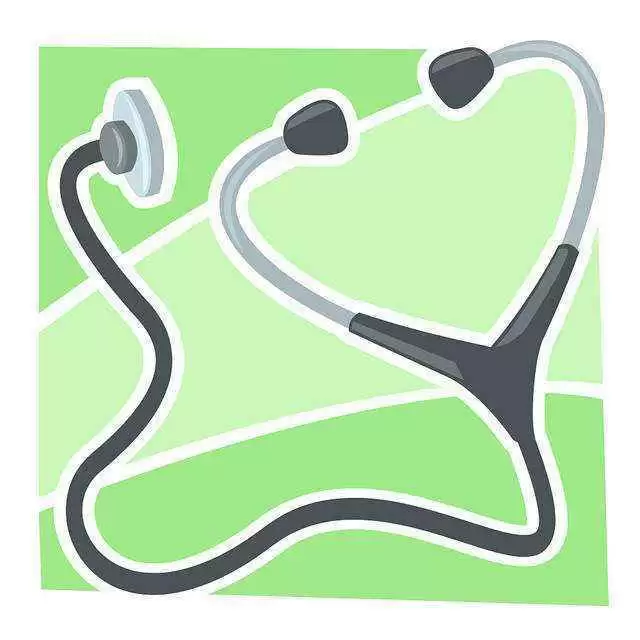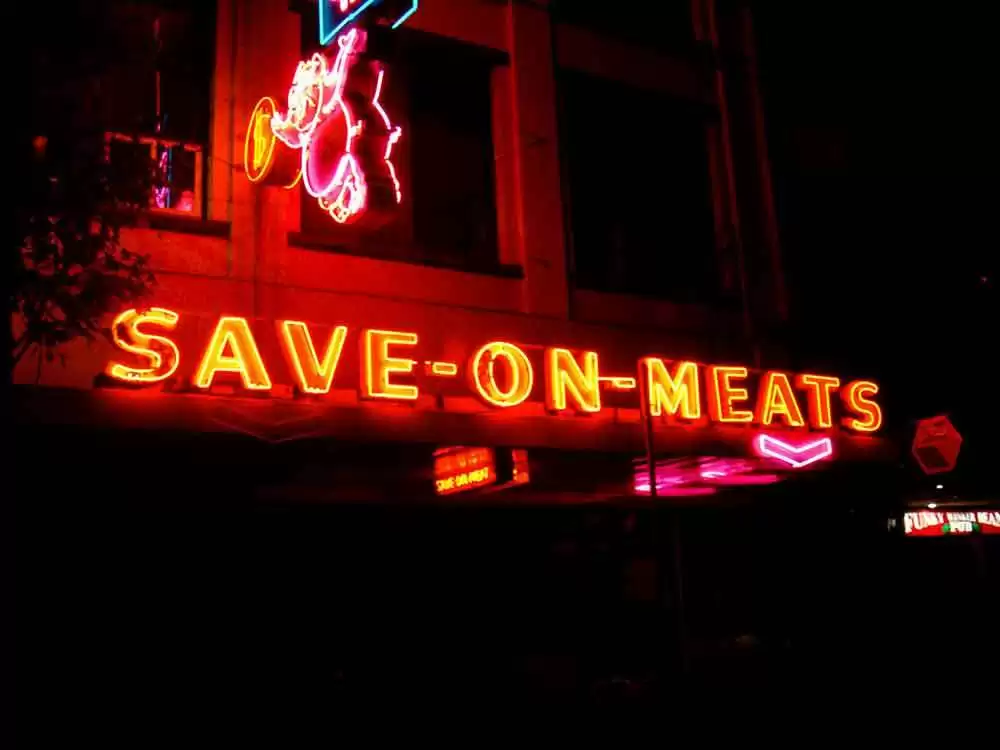Celiac.com 10/08/2024 - Transitioning to a gluten-free diet can be challenging, especially for those newly diagnosed with celiac disease or gluten sensitivity. While eliminating gluten is essential for managing symptoms and maintaining health, many people make common mistakes that can hinder their progress. Here are some of the most frequent pitfalls to avoid when following a gluten-free diet.
Not Checking Labels for Hidden Gluten
One of the most common mistakes is assuming that a product is gluten-free simply because it seems like it should be. Gluten can be found in a wide range of foods and products that don’t seem to have anything to do with wheat, barley, or rye. Foods like sauces, condiments, processed meats, and even candies often contain hidden gluten in the form of additives, thickeners, or flavorings.
Celiac.com Sponsor (A12):
Common hidden sources of gluten include:
- Soy sauce: Most soy sauces contain wheat, but gluten-free versions are available.
- Salad dressings and sauces: Many bottled dressings and sauces use gluten-containing thickeners.
- Seasoned meats: Some pre-seasoned meats or marinated products may contain gluten, especially if they use modified food starch or malt vinegar.
- Processed snacks: Crackers, chips, and snack bars may contain gluten unless specifically labeled gluten-free.
Always read food labels carefully. Look for gluten-containing ingredients such as wheat, barley, rye, malt, and certain food starches.
Relying Too Heavily on Processed Gluten-Free Products
When people switch to a gluten-free diet, they often seek out gluten-free replacements for their favorite foods like bread, pasta, and cookies. While gluten-free versions of these products are available, they can be highly processed and lack essential nutrients. Many gluten-free substitutes contain added sugars, unhealthy fats, and lower amounts of fiber, vitamins, and minerals.
Instead of relying on gluten-free processed foods, aim for a diet that includes naturally gluten-free whole foods like fruits, vegetables, lean proteins, nuts, seeds, and gluten-free grains like quinoa and brown rice. This approach not only ensures that you’re avoiding gluten but also provides essential nutrients and promotes overall health.
Overlooking Cross-Contamination
Cross-contamination occurs when gluten-free foods come into contact with gluten-containing foods, utensils, or surfaces. For people with celiac disease, even trace amounts of gluten can trigger symptoms and damage the intestines. Many people new to the gluten-free diet overlook the risk of cross-contamination, especially when eating out or preparing food at home.
Common sources of cross-contamination include:
- Shared cooking utensils: Using the same cutting boards, knives, or pans for gluten-free and gluten-containing foods.
- Toasters: Using a toaster that has been used for regular bread can contaminate gluten-free bread.
- Condiments: Dipping a knife into shared jars of butter, jam, or peanut butter after spreading it on gluten-containing bread.
- Restaurants: Even if you order a gluten-free meal, it can become contaminated if prepared on the same surfaces or with the same utensils used for gluten-containing foods.
To minimize cross-contamination, use separate cooking tools and utensils, or ensure they’re thoroughly cleaned. When dining out, communicate your dietary needs clearly and confirm with the restaurant staff that they take precautions to prevent contamination.
Assuming All Grains Are Gluten-Free
Many people new to the gluten-free lifestyle assume that all grains are safe to eat, but this is not the case. While gluten is primarily found in wheat, barley, and rye, some grains may still be problematic due to cross-contamination during processing or confusion over their gluten content.
Grains that are naturally gluten-free but may be contaminated include:
- Oats: Oats themselves do not contain gluten, but they are often processed in facilities that also handle wheat. Only oats labeled gluten-free are safe for people with celiac disease.
- Buckwheat: Despite its name, buckwheat is gluten-free, but it can be contaminated if processed with wheat.
- Corn: Corn is generally gluten-free, but some corn-based products may contain traces of gluten if processed in shared facilities.
If you’re unsure whether a grain is gluten-free, check for certified gluten-free labeling on the packaging.
Ignoring Non-Food Sources of Gluten
Gluten can be found in more than just food products. Many medications, supplements, and even personal care products may contain gluten or gluten derivatives. This is especially important for people with celiac disease, as ingesting even small amounts of gluten can cause symptoms.
Some common non-food sources of gluten include:
- Medications: Gluten can be used as a binder in certain pills or capsules. Check with your pharmacist to ensure your medications are gluten-free.
- Supplements: Some vitamins, minerals, and herbal supplements may use gluten-containing fillers.
- Lip balm and makeup: Some cosmetic products, particularly lip products, may contain gluten. If you inadvertently ingest small amounts through your lips, it can cause a reaction.
To avoid non-food sources of gluten, look for gluten-free certifications or ask manufacturers about the ingredients in their products.
Not Replacing Lost Nutrients
When people cut out gluten, they often eliminate foods that are rich in important nutrients, particularly those found in fortified breads and cereals. These foods are often sources of fiber, iron, calcium, and B vitamins, including folic acid. Failing to replace these nutrients can lead to deficiencies.
To avoid nutrient gaps, consider incorporating these naturally gluten-free, nutrient-rich foods into your diet:
- Fiber: Increase your intake of gluten-free whole grains like quinoa, brown rice, and millet, as well as fruits, vegetables, nuts, and seeds.
- B Vitamins: Many gluten-free grains and fortified products may not contain the same levels of B vitamins, so be sure to consume plenty of leafy greens, eggs, dairy, and legumes.
- Iron: Include iron-rich foods such as red meat, poultry, lentils, and spinach to make up for the loss of fortified wheat products.
Consult with a healthcare provider or dietitian if you’re concerned about nutrient deficiencies after going gluten-free. In some cases, supplements may be necessary.
Conclusion
Adopting a gluten-free diet is a critical step for those with celiac disease or gluten sensitivity, but it's not without its challenges. Avoiding common mistakes, such as missing hidden sources of gluten, relying too heavily on processed foods, and neglecting cross-contamination, can help ensure a successful transition. By staying informed and vigilant, you can manage your gluten-free diet effectively while maintaining optimal health.












Recommended Comments
Create an account or sign in to comment
You need to be a member in order to leave a comment
Create an account
Sign up for a new account in our community. It's easy!
Register a new accountSign in
Already have an account? Sign in here.
Sign In Now